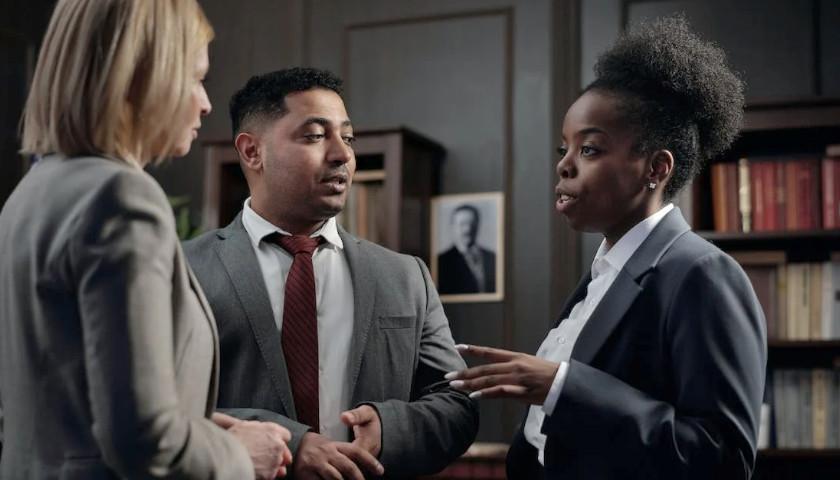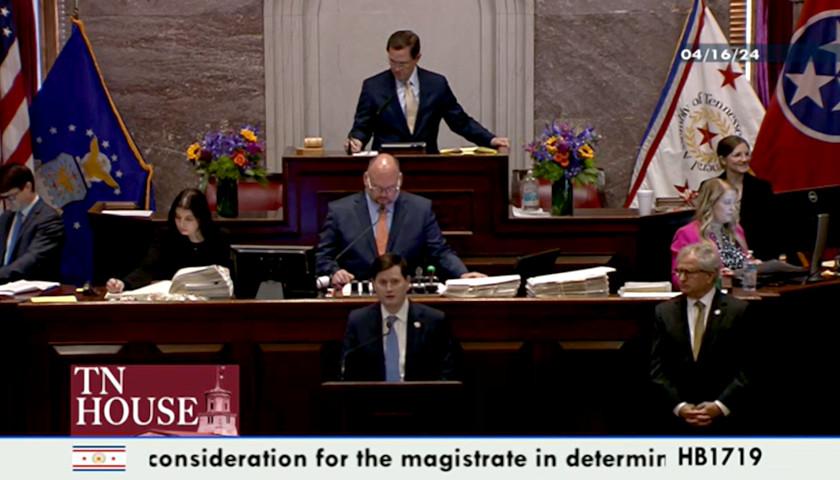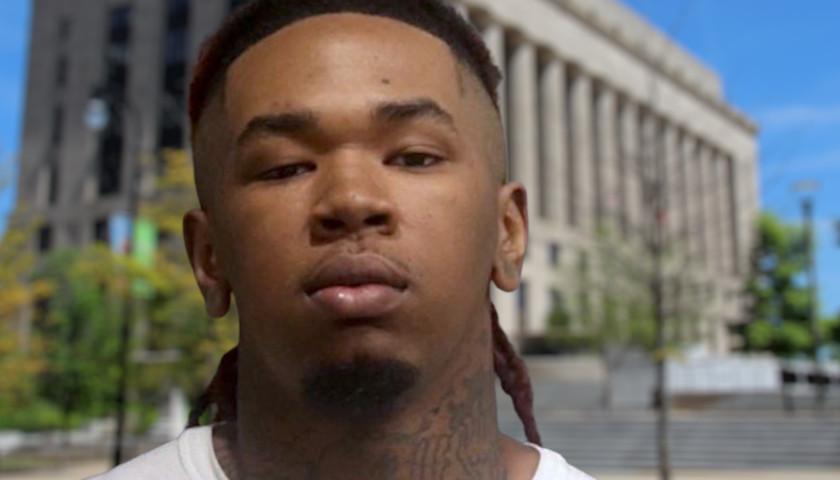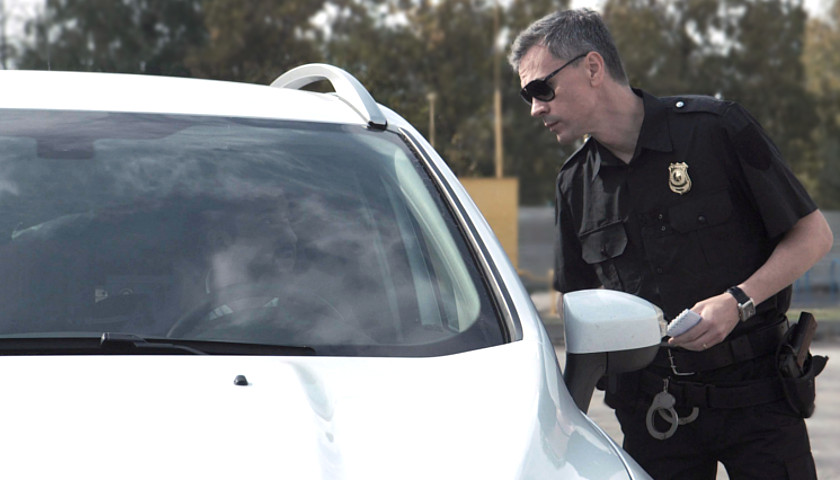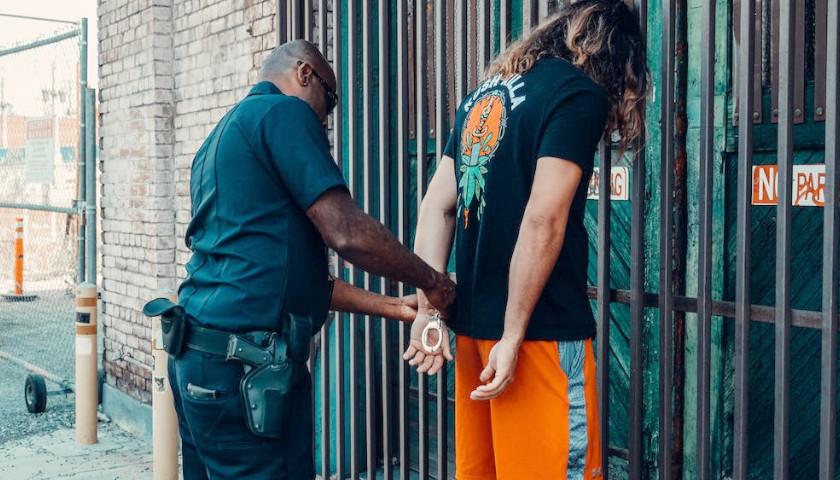by Morgan Sweeney
A recent report revealed that Virginia’s criminal defense court-appointed and public defense attorneys are underfunded and that most cases are now taking twice as long to defend — leading to an even greater disparity between pay and hours worked.
The report, assembled by the commission that reviews the operation of the commonwealth’s policies and state agencies, attributed increased workload per case to changes in technology, mental health and a slew of policies ushered in by the previous governor’s administration.
Prosecution and defense attorneys are obligated to review all digital evidence. With the amount of digital evidence having “exponentially increased,” according to the report, due to the proliferation of police body camera footage, social media and surveillance camera recordings, more time is required to assess digital evidence.
Additionally, the report cited an increase in the number of defendants battling mental illness, which can broaden the attorney’s role in the case.
Richmond-based court-appointed attorney Jessica Greenberg and Newport News public defender Jessica Crossett emphatically affirmed that they have seen more mental illness among clients, though Greenberg attributed that to a lack of resources.
“I think it’s more that we’re seeing more people with mental illness get arrested rather than get help because the help is not available. I mean, the governor declared a state of emergency on the state of our mental health care abilities in this state,” Greenberg told The Center Square.
Crossett’s jurisdiction, Newport News, is one of the few with a mental health court, the Behavioral Health Docket, which has been “extremely beneficial” for clients, Crossett said.
Otherwise, policy changes in 2020-22 have altered standard case proceedings in several ways.
Defendants can now elect to have a jury trial, but judge sentencing. All criminal appeals have become appeals of right, meaning if an attorney appeals the case, there’s no chance the request for appeal will be denied; an appellate court must review the case and issue a decision. Laws were also passed to “eliminate bail presumptions,” expand eligibility for deferred dispositions, and amend discovery rules.
Defendants could choose to have a jury trial before July 2021, but a jury trial then necessitated a jury sentencing. It’s believed that defendants will be tried less harshly by a jury but receive more favorable sentencing from a judge, so more defendants are electing a jury trial than before – which results in more time and effort from their attorneys.
Appeals of rights, the elimination of bail presumptions and expanded deferred dispositions can result in more appeals, more defendants released on bail and more defendants receiving deferred dispositions.
A deferred disposition happens when a trial court agrees to delay sentencing and allow the defendant time and opportunity to meet certain criteria — like attending anger management classes or performing community service — in exchange for lighter sentencing or dismissal of charges.
Outsiders looking in might worry that these legal changes could result in a system that’s soft on crime and endangers the public. But Crossett doesn’t see it that way.
“Anyone who wants to appeal a criminal conviction can do that. Now does that mean that anything is going to change on appeal more than it used to? No,” Crossett told The Center Square.
Regarding bail, neither Crossett nor Greenberg believes that the new policy jeopardizes public safety because judges still take the seriousness of the charges into account.
“Certainly the nature of the allegations against someone and their criminal history are probably the primary things considered by a judge when they are assessing whether to release someone. The more violent charges or the people who have a violent background — regardless of the fact that we don’t have the presumptions anymore — they’re still not likely to be released,” Crossett said.
The same is true for deferred dispositions.
“You’re not really going to find any deferred disposition on any type of violent crime,” Crossett said, except perhaps with domestic violence charges, which are considered a misdemeanor in Virginia.
Finally, there are the amended discovery rules. Essentially, all of the evidence a prosecutor has access to must be shared with the defense, resulting in more time spent reviewing evidence.
Both Crossett and Greenberg see all of the legislative changes as positive, despite the increased workload they bring, and despite the coinciding sharp decline in court-appointed attorneys since 2020. Greenberg still ascribes that decline to compensation.
“The workload is there if you do criminal work, regardless of whether it’s a court-appointed or a private case, and we aren’t having a shortage of private attorneys. It’s that the pay doesn’t cover the sheer amount of time required so you either have to short the case, which is unethical, or you’re forced to be paid $120 for an entire day of work — and that’s supposed to cover staff, business expenses, research materials… It barely covers gas half the time,” Greenberg said.
Crossett said she isn’t aware of her office experiencing a heightened workload due to the appeal or bail changes, though she affirmed that all the other factors have played a role.
– – –
Morgan Sweeney is a staff writer covering Virginia and Maryland for The Center Square. Morgan was an active member of the journalism program as an undergraduate at Hillsdale College and previously freelanced for The Center Square.

